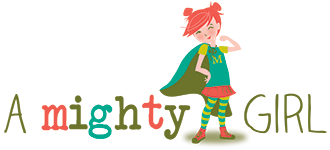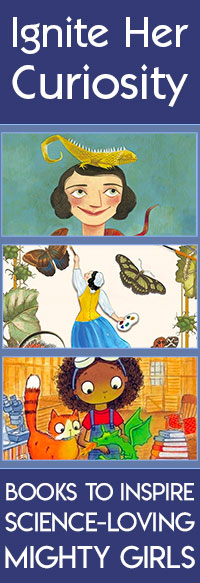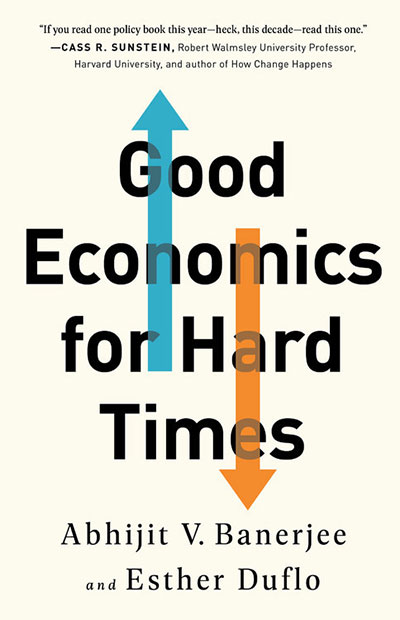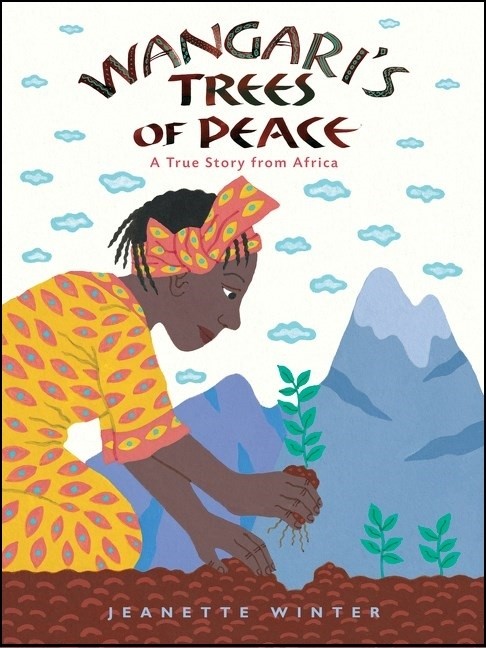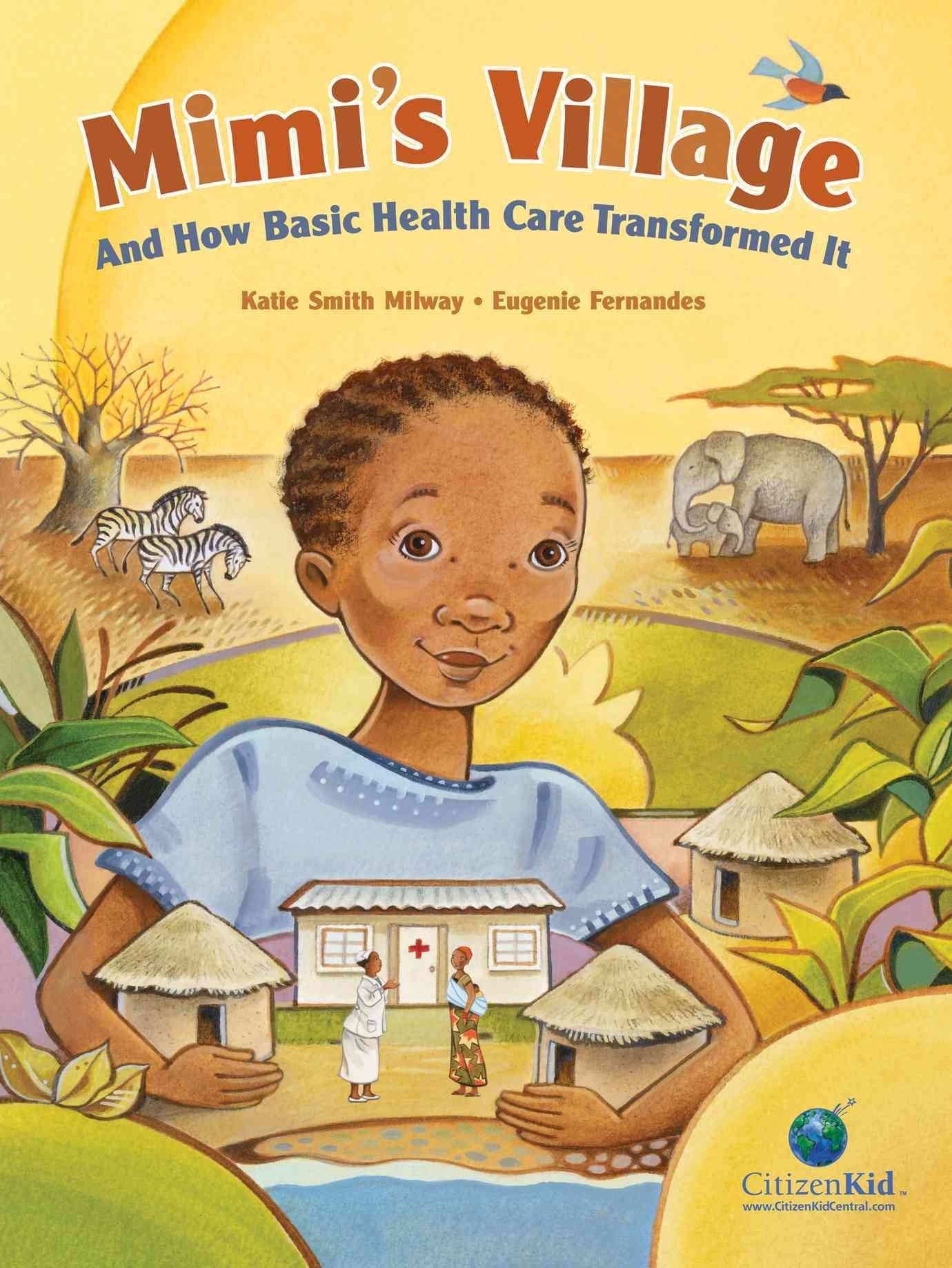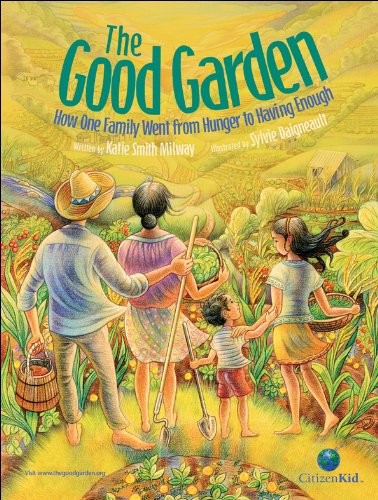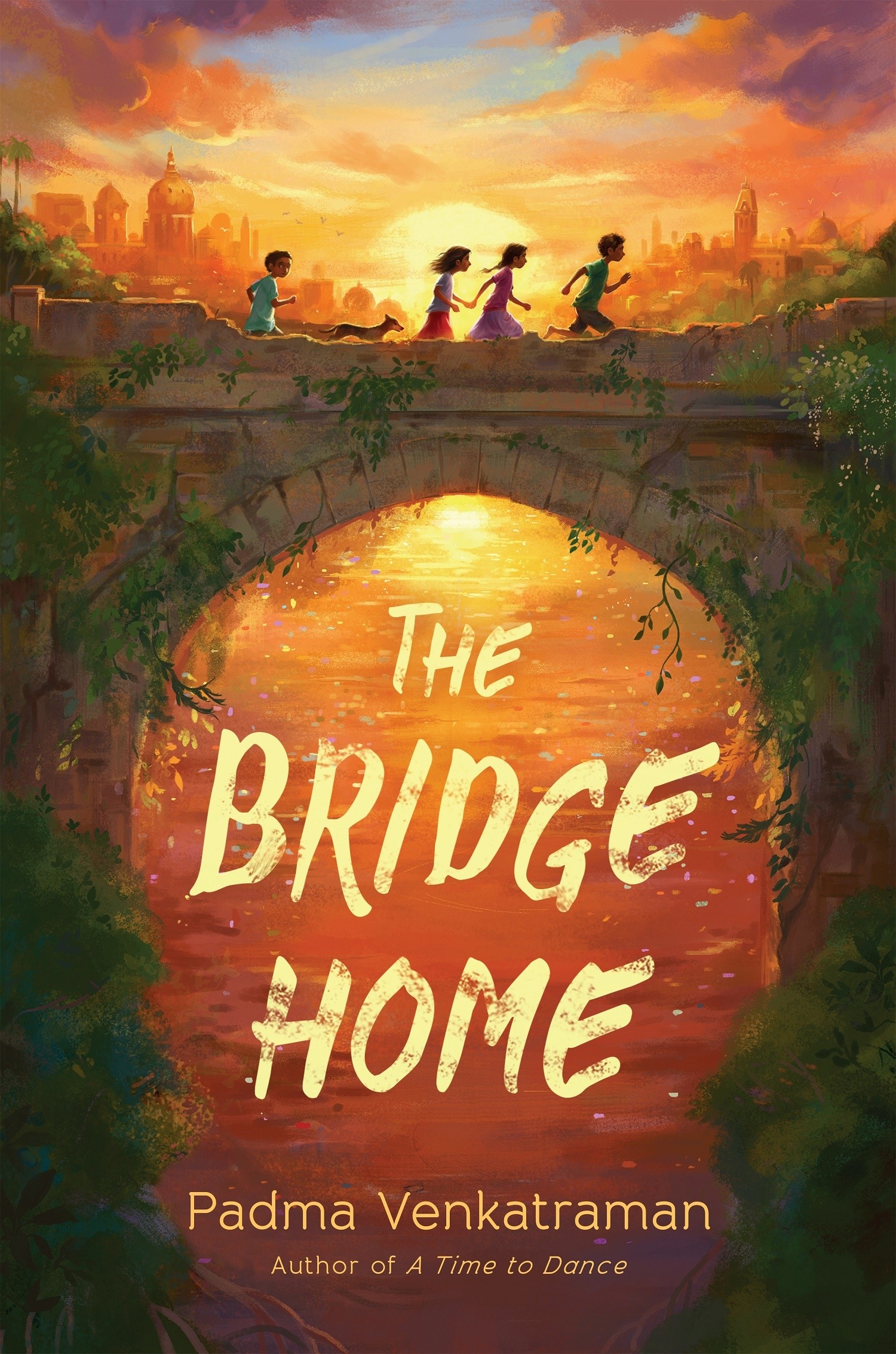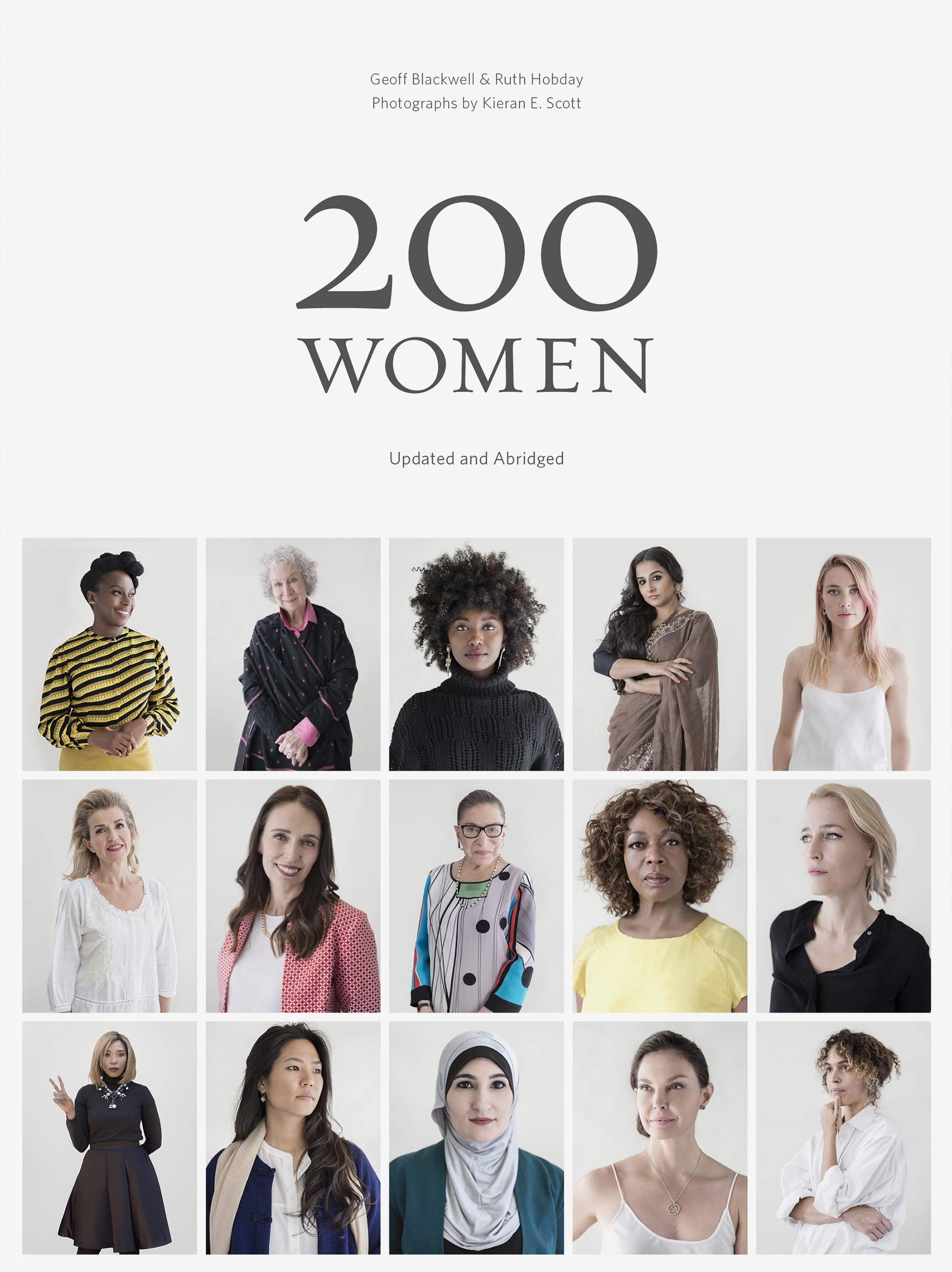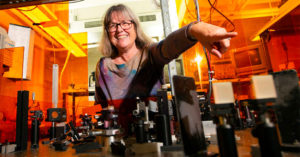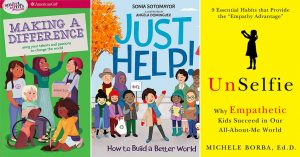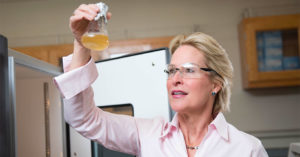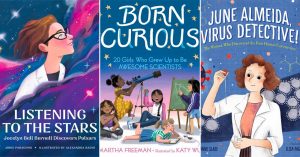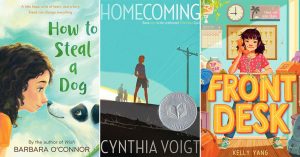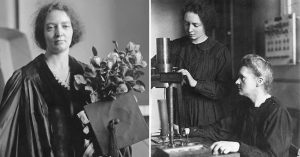MIT professor Esther Duflo has helped transform the field of developmental economics by applying a scientific approach to policy interventions focused on alleviating global poverty.
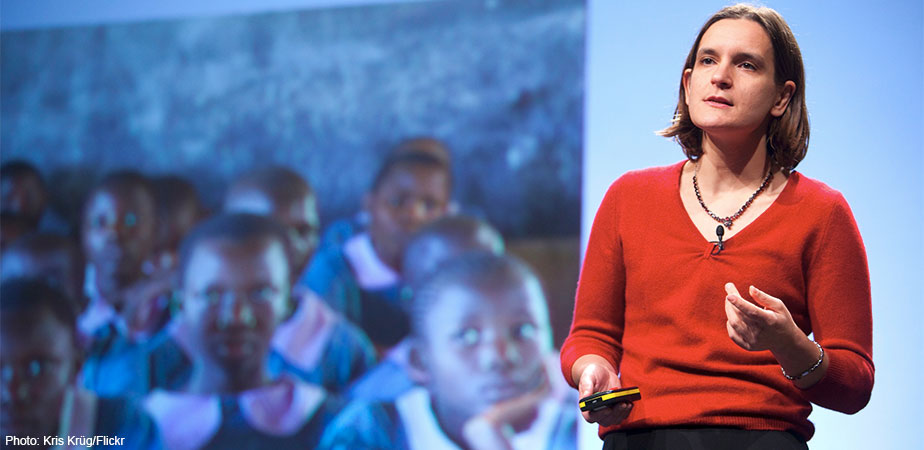 Dr. Esther Duflo has just become the second woman in history and the youngest person ever to win a Nobel Prize in Economics! The 46-year-old MIT professor shares the prize with her husband, Dr. Abhijit Banerjee, and colleague Dr. Michael Kremer; together they have helped millions of people around the world with their research to develop practical interventions to alleviating global poverty. “In just two decades, their new experiment-based approach has transformed development economics, which is now a flourishing field,” the Royal Swedish Academy of Sciences said in today's prize announcement. After learning of her Nobel win, Duflo said she was "humbled" and, in light of how underrepresented women are in the field of economics, she hopes that it will "inspire many, many other women to continue working and many other men to give them the respect that they deserve like every single human being."
Dr. Esther Duflo has just become the second woman in history and the youngest person ever to win a Nobel Prize in Economics! The 46-year-old MIT professor shares the prize with her husband, Dr. Abhijit Banerjee, and colleague Dr. Michael Kremer; together they have helped millions of people around the world with their research to develop practical interventions to alleviating global poverty. “In just two decades, their new experiment-based approach has transformed development economics, which is now a flourishing field,” the Royal Swedish Academy of Sciences said in today's prize announcement. After learning of her Nobel win, Duflo said she was "humbled" and, in light of how underrepresented women are in the field of economics, she hopes that it will "inspire many, many other women to continue working and many other men to give them the respect that they deserve like every single human being."
Born and raised in Paris, France, Duflo planned to study history as an undergraduate but several research positions showed her that "economics had potential as a lever of action in the world." The ability to do "things that mattered" appealed to her and, she says, "I came to economics the day I realized there was something called development economics. I didn’t want to do macro, and I didn’t want to do finance.” Duflo went on to earn a master's degree in economics from the Paris School of Economics and a PhD in economics at MIT, where she is currently a Professor of Poverty Alleviation and Development Economics. .
In the prize announcement, the Academy observed that Duflo, Banerjee, and Kremer "introduced a new approach to obtaining reliable answers about the best ways to fight global poverty." Prior to twenty years ago, much of the focus in development was on large-scale, marcoeconomic issues; this trio were instrumental in developing a new approach wherein big, systematic problems are divided up into smaller and more precise questions so they can be studied in a manner similar to a scientist running a clinical trial. Then, economists can determine which interventions are most effective, and find practical ways to bring those interventions to scale and serve a large population.
During one field experiment, for example, Duflo and Banerje studied low student achievement in India, and determined that a significant cause was the fact that teachers couldn't adapt their methods to individual students' needs when they were struggling. By establishing a network of tutors to work one-on-one with underperforming students, they proved that school performance would increase significantly — the remedial tutoring program that was developed based on their findings has now helped more than five million children in India. Their 2011 book, Poor Economics: A Radical Rethinking of the Way to Fight Global Poverty discusses several of their successful projects and they are releasing a new book next month, Good Economics for Hard Times, that further explores how economics can tackle many of the most challenging social and political problems of our times.
Equally importantly, Duflo and her colleagues have helped popularize their methods among other developmental economists. In 2003, she co-founded the Poverty Action Lab at MIT, which is dedicated to "reducing poverty by ensuring that policy is informed by scientific evidence." The Poverty Action Lab has brought together hundreds of poverty researchers from around the world, and encouraged them to focus on practical interventions, rather than strictly theoretical questions. The Nobel win is a reflection of how influential they have been in reshaping the field over the past two decades. "It really reflects the fact that it has become a movement," Duflo said shortly after the award was announced, "a movement that is much larger than us."
Duflo is only the second woman to receive a Nobel Prize in Economics (the first being Dr. Elinor Ostrom in 2009) — a fact that reflects the overall low rate of women in the field. In the US, women make up only 33% of students in economics PhD programs, and in Europe's top 20 university economics departments, only 12.8% of full professors were female as of 2017. Reflecting on the field's gender imbalance today after the Nobel announcement, Duflo said, "I think the profession is starting to realize the climate and the way we treat each other is not conducive for having more women in the profession... [but] I think it is going to change because there are more women among the younger cohorts, so it's going to improve." She also hopes that she'll be a role model for girls and women by "showing that it is possible for a woman to succeed and be recognized for success.... Hopefully it's onward and forward from now on."
Children's Books About The Fight To End Global Poverty
Beatrice's Goat
Beatrice's Goat
In Beatrice’s Ugandan village, few families have the money to send their children to school — until the day twelve donated goats arrive. Beatrice names her goat Mugisa, which means “lucky gift”, and thanks to Beatrice’s scrupulous care, Mugisa is soon giving enough milk that Beatrice can afford the school uniform she’s been dreaming of. Based on a real story of a family helped by Heifer Project International, and with a portion of proceeds going to support the work of the charity, this book is a celebration of special relationships with animals and a great way to show your children the impact of charitable giving.
Wangari's Trees of Peace: A True Story from Africa
Wangari's Trees of Peace: A True Story from Africa
Before she was the winner of the Nobel Peace Prize, Wangari Maathai was a young girl who grew up surrounded by trees in her Kenyan home. She had the chance to study in the US, and when she returned, she was shocked to see how many trees had been chopped down — and the effect on the environment. Then she had an idea: teach women across the country to plant new trees, and help both the environment and women's rights at the same time... This evocative story about Maathai's visionary Green Belt Movement celebrates the power of grassroots movements to change a country forever.
Chandra's Magic Light: A Story in Nepal
Chandra's Magic Light: A Story in Nepal
Chandra lives in Nepal, where her family uses a kerosene lamp to light their home — but the fumes make her little brother sick. One day, she hears about a solar-powered light called a tuki; they can charge it with sunlight and give her brother a chance to rest easily. But tukis are expensive, and her family can't afford one — so Chandra and her sister come up with a plan to earn the money they need. This gentle story with exquisite illustrations shows the incredible difference a "simple" lamp can make to a family's life.
One Plastic Bag
Isatou Ceesay and the Recycling Women of the Gambia
One Plastic Bag
Isatou Ceesay and the Recycling Women of the Gambia
In Gambia, when people used woven baskets, they would toss them out when the broke, and the baskets would break down. But when they did the same thing with plastic bags, the bags never went away and soon they littered the entire country. It was Isatou Ceesay's innovative idea to recycle the bags by crocheting them into purses. The women involved in her project were able to earn money selling their creations and the streets were soon clean again. This real-life story of a clever woman's solution to both an ecological challenge and a way to find employment for local women is sure to inspire young readers.
Mimi's Village: And How Basic Health Care Transformed It
Mimi's Village: And How Basic Health Care Transformed It
When Mimi Mahalo's younger sister Nakkissi gets sick after drinking unsterilized water, the family has to walk an hour to a nearby village in order to get help. The friendly Nurse Tela treats Nakkissi and vaccinates all the children, but Mimi can't help but think how much better it would be if they had a clinic of their own. With some determination — and help from both her community and an outside organization — it's not long before Nurse Tela makes her first visit to Mimi's village, providing hope for better health for all. This picture book highlights the importance of basic health care and the power of one person to make a difference.
The Red Bicycle: The Extraordinary Story of One Ordinary Bicycle
The Red Bicycle: The Extraordinary Story of One Ordinary Bicycle
Big Red is a bicycle whose little boy, Leo, loves riding him around his North American city streets. But when Leo gets too big for Big Red, he decides to donate the bicycle to an organization that ships bikes to Africa. In Burkina Faso, Big Reg gets a new life, helping Alisetta get from her family's fields to the market quickly and safely — and when Alisetta passes Big Red on, the bike, now renamed Le Grand Rouge, helps Haridata deliver medications and get sick people to the hospital. This unique story shows how one ordinary bicycle — and a child's desire to make a difference — can change lives across the world.
The Good Garden: How One Family Went from Hunger to Having Enough
The Good Garden: How One Family Went from Hunger to Having Enough
11-year-old Maria Luz is worried: her family lives on a small farm, and this year's crop is so poor that they may not have enough to eat. When her father has to leave to find work, Maria is put in charge of the garden, and a new teacher shows her sustainable farming practices like terracing and using compost. And once she shares the information with her neighbors, her community is transformed! Realistic portrayals of the obstacles facing subsistence farmers — including predatory middlemen who take advantage of desperation to claim most of the profit — make this a revelatory book for young readers, while still capturing the power of gardening and farming to improve people's lives.
The Bridge Home
The Bridge Home
The streets of Chennai are dangerous for children, but when life gets more dangerous at home, sisters Viji and Rukku become runaways. Fortunately, before long the girls find shelter under and abandoned bridges, as well as friendship, both from a puppy they name Kutti and from two runaway boys, Muthi and Arul. Muthi and Arul are so taken with Viji's storytelling that they agree to teach her and Rukku how to scavenge the garbage dump for items to sell. And when tragedy strikes, their new family will help Viji come to terms with her grief. Written in the form of a letter from Viji to Rukku, this vividly emotional book gently explores issues around poverty, caste, and child labor through the story of one girl.
200 Women Who Will Change The Way You See The World
200 Women Who Will Change The Way You See The World
In this landmark book, 200 influential women from around the world answer five key questions: What really matters to you? What brings you happiness? What do you regard as the lowest depth of misery? What would you change if you could?, and Which single word do you most identify with? The answers are uplifting, inspiring, heartbreaking, and real. Interviewees include economist Esther Duflo, scientist and conservationist Jane Goodall, author Chimamanda Ngozi Adichie, activist Dolores Huerta, and more; together, they create a strong and empowering picture of the women of today — and a call to action to push for positive change wherever we are.

Around the world, people are facing questions about how to move forward in a global economy. Will immigration cost jobs, or boost growth? How much does inequality cost in productivity? And will our drive for "progress" keep accelerating climate change until there is no going back? Esther Duflo and Abhijit V. Banerjee, winners of the 2019 Nobel Prize for Economics, take on the greatest economic challenges of the 21st century in this comprehensive book, making a case for thoughtful intervention and the power of societies that seek to benefit everyone.
